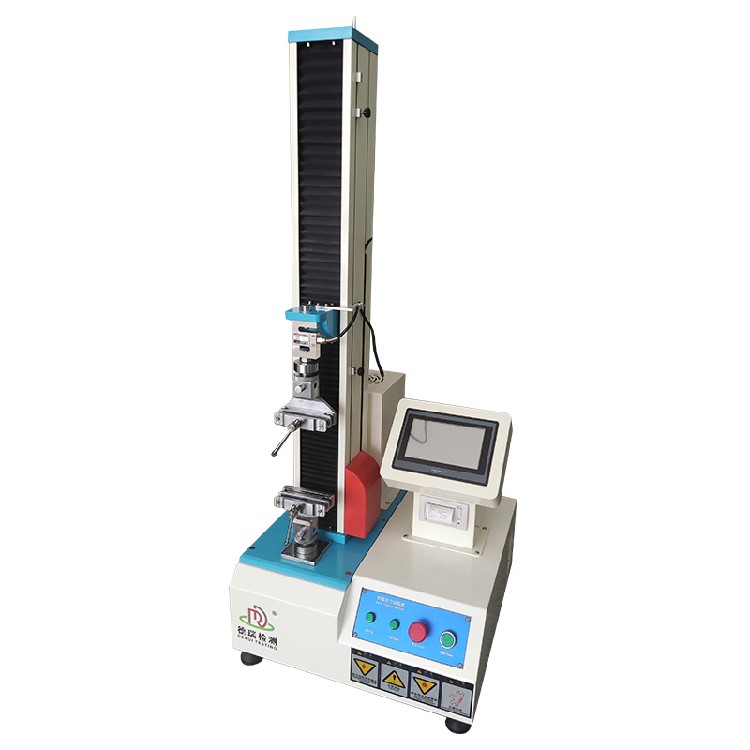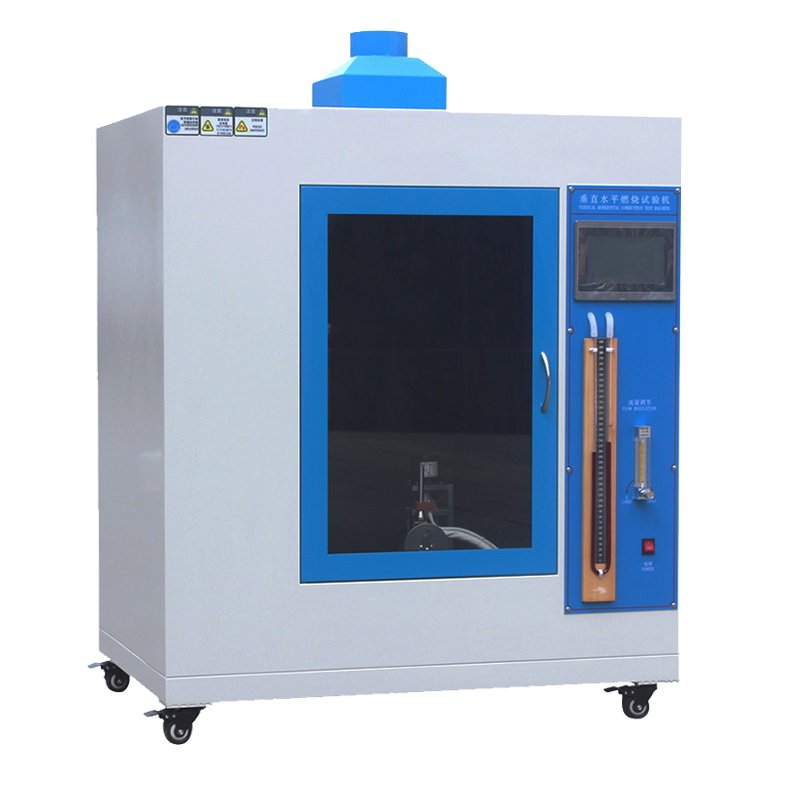Metal material single-column tensile testing machine
Product description










A Metal Material Single-Column Tensile Testing Machine is a specialized piece of equipment designed for performing tensile tests on metal specimens. This type of testing machine is particularly useful for evaluating the mechanical properties of metals, such as tensile strength, yield strength, elongation, and modulus of elasticity. Single-column machines are generally more compact and cost-effective compared to their dual-column counterparts, making them suitable for smaller labs, educational institutions, and businesses with moderate testing needs.
Key Features
- Single-Column Design:Compact and space-saving, ideal for laboratories with limited space.Typically supports load capacities up to 50 kN (depending on the model), suitable for many metal testing applications.
- Load Capacity:Equipped with load cells that can measure forces accurately within its capacity range.Suitable for testing a wide variety of metal samples, from thin wires to larger components.
- Precision Control System:Offers precise control over the loading rate, ensuring consistent and repeatable test results.Capable of both static and dynamic loading conditions depending on the application.
- Environmental Compatibility:Can be integrated with environmental chambers for testing at elevated or reduced temperatures, if required.Useful for assessing material behavior under different thermal conditions.
- Data Acquisition and Analysis:Includes software for real-time data collection, analysis, and reporting.Generates detailed reports on key mechanical properties, aiding in quality control and research.
- Safety Features:Incorporates safety mechanisms like emergency stop buttons and overload protection to ensure operator safety.Designed to comply with relevant international standards and regulations.
- User-Friendly Interface:Features an intuitive control panel or computer interface for easy setup and operation.Simplifies the testing process, reducing the learning curve for operators.
- Cost-Effective:Generally more affordable than dual-column systems, offering a balance between functionality and budget constraints.Suitable for educational purposes and smaller-scale industrial applications.
Applications Across Industries
1. Metallurgy and Materials Science
- Application: Conducting fundamental research on the mechanical properties of various metals.
- Benefit: Provides critical data for developing new alloys and improving existing materials.
2. Automotive Industry
- Application: Testing automotive parts and components made from metals.
- Benefit: Ensures compliance with safety and performance standards, enhancing vehicle reliability.
3. Manufacturing and Quality Control
- Application: Performing routine quality checks on metal products during production.
- Benefit: Identifies potential defects early, reducing waste and improving product quality.
4. Educational Institutions
- Application: Teaching students about material science principles through hands-on experimentation.
- Benefit: Offers a practical learning tool for engineering and materials science education.
5. Research and Development
- Application: Evaluating new metal formulations and manufacturing processes.
- Benefit: Supports innovation by providing accurate data on material performance.
Summary
A metal material single-column tensile testing machine offers a cost-effective and efficient solution for conducting tensile tests on metal specimens. Its compact design, precision control, and user-friendly features make it suitable for a wide range of applications in industries that require reliable mechanical property assessments. By balancing affordability with essential functionalities, this type of machine provides valuable insights into the performance and durability of metal materials, supporting research, development, and quality assurance efforts.
Recommended products








